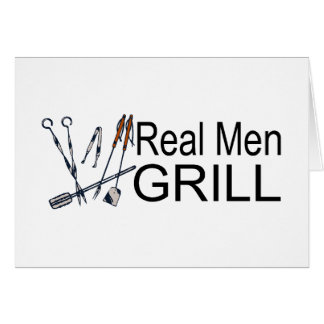
By Cheyenne Drews
(Click for article by Madlen Davies)
Fresh out of high school I began dating a guy who was a vegetarian. The diet had always gone back and forth in my mind, but while still under my parents' roof, I didn't have much say. Having moved out and with the final push of my boyfriend's influence, I too gave up meat and have since witnessed the reception of our decisions in very sexist ways.
 Early on in a meal, people watch him order tofu or vegetables and laugh at the decision. Around his guy friends, he's ostracized for not getting the steak or sharing burgers or wanting everything wrapped in bacon. At this point, relations are still joking and both sides aren't too defensive. It's when he starts detailing why he chose to stop eating meat, that a clear divide arises and people take sides. The women typically say, "I understand where he's coming from", whereas the men, witnessing a challenge to manhood expectations, say in response to how they can kill animals for their consumption, "It tastes too good!" I watch as they think killing something, showing dominance, ending life for a mere palate desire, equals masculinity.
Early on in a meal, people watch him order tofu or vegetables and laugh at the decision. Around his guy friends, he's ostracized for not getting the steak or sharing burgers or wanting everything wrapped in bacon. At this point, relations are still joking and both sides aren't too defensive. It's when he starts detailing why he chose to stop eating meat, that a clear divide arises and people take sides. The women typically say, "I understand where he's coming from", whereas the men, witnessing a challenge to manhood expectations, say in response to how they can kill animals for their consumption, "It tastes too good!" I watch as they think killing something, showing dominance, ending life for a mere palate desire, equals masculinity.I remember a specific birthday that his family took him out to eat. His older sisters, all dating the classic ideals of masculinity, thought it would be funny to order him a meat plate spelling out, "Happy birthday", when he got up from the table. If it had been me not wanting to eat it, it would be a choice. But for him as a male, it was unfathomable and not taken seriously. He's seen as weaker, despite his actual physique, and less relatable to men who have to see meat on their plate to call it a meal.
 Side note, how many attractive women are used in the market of selling meat? Even the industry knows they're targeting men. The ads can be so sexualized, furthering the idea that men have to eat meat, maintain a top of the food chain mentality, but what does this tell men about their capacity to empathize?
Side note, how many attractive women are used in the market of selling meat? Even the industry knows they're targeting men. The ads can be so sexualized, furthering the idea that men have to eat meat, maintain a top of the food chain mentality, but what does this tell men about their capacity to empathize?My boyfriend at the time was called gay, feminine, etc. frequently when he defended caring about something outside of the realm of sports, guns, grilling, sex, and the stereotypical man desires. His stance on empathy politically deemed him, "UnAmerican", as if not acting entitled made him less of a man and less American. These challenges to his psyche got to him overtime, but I continue to keep him in mind as someone that challenged the ideals of masculinity and made me question why men have to be restrained to it at all.
No comments:
Post a Comment